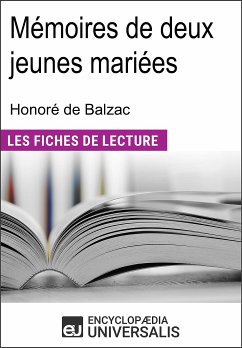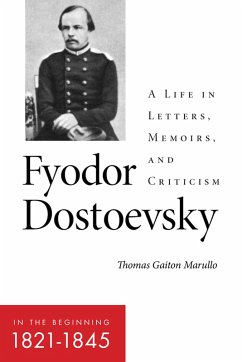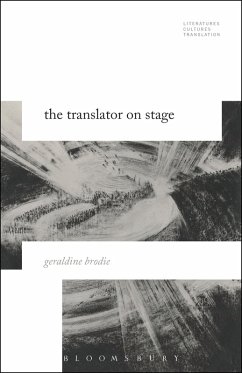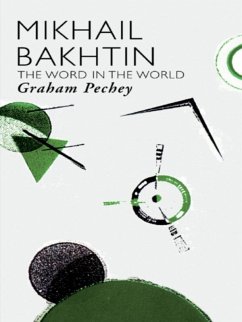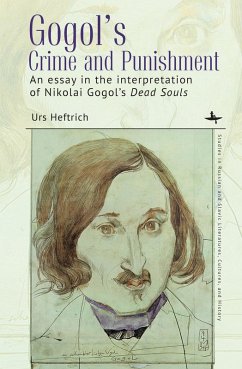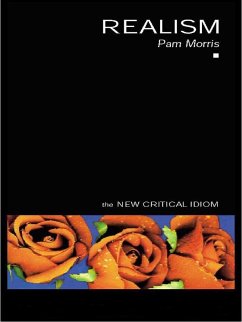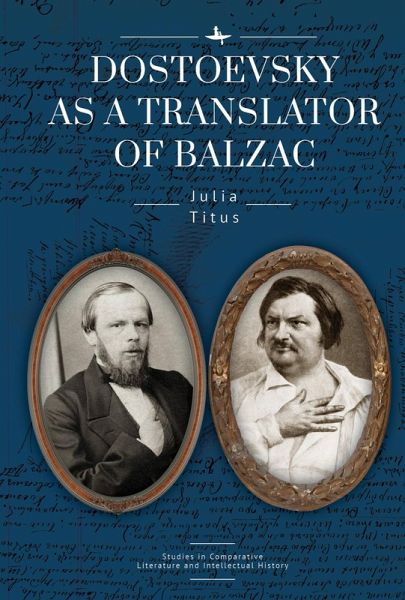
Dostoevsky as a Translator of Balzac (eBook, ePUB)
Versandkostenfrei!
Sofort per Download lieferbar
70,95 €
inkl. MwSt.
Weitere Ausgaben:

PAYBACK Punkte
35 °P sammeln!
The focus of this study in comparative criticism is close analysis of Dostoevsky's first literary publication-his 1844 translation of the first edition of Balzac's Eug¿¿nie Grandet (1834)-and the stylistic choices that he made as a young writer while working on Balzac's novel. Through the prism of close reading, the author analyzes Dostoevsky's literary debut in the context of his future mature aesthetic style and poetics. Comparing the original and the translation side by side, this book focuses on the omissions, additions and substitutions that Dostoevsky brought into the text. It demonstr...
The focus of this study in comparative criticism is close analysis of Dostoevsky's first literary publication-his 1844 translation of the first edition of Balzac's Eug¿¿nie Grandet (1834)-and the stylistic choices that he made as a young writer while working on Balzac's novel. Through the prism of close reading, the author analyzes Dostoevsky's literary debut in the context of his future mature aesthetic style and poetics. Comparing the original and the translation side by side, this book focuses on the omissions, additions and substitutions that Dostoevsky brought into the text. It demonstrates how young Dostoevsky's free translation of Eugénie Grandet predicts the creation of his own literary characters, themes, and other aspects of his literary output that are now recognized as Dostoevsky's signature style. It investigates the changes that Dostoevsky made while working on Balzac's text and analyzes the complex transplantation of Balzac's imagery, motifs, and character portraiture from Eugénie Grandet into Dostoevsky's own writing later on.
Dieser Download kann aus rechtlichen Gründen nur mit Rechnungsadresse in A, D ausgeliefert werden.




